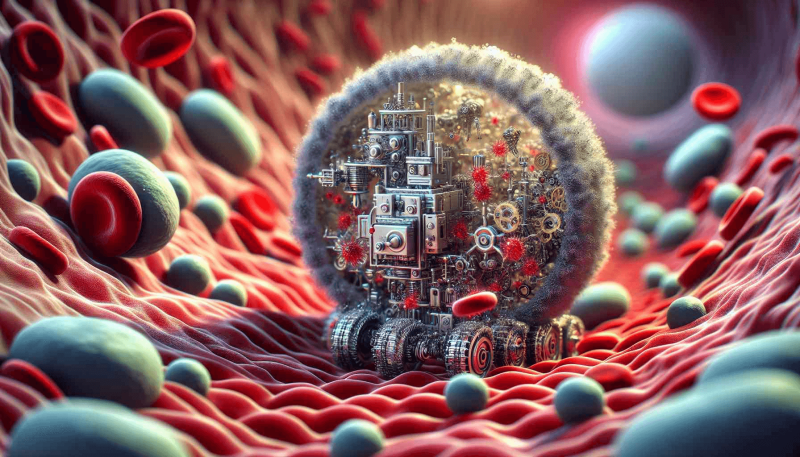Some proteins allow muscle cells to contract. Others break down our food or help our blood clot. Proteins move materials and enable our immune system to identify and destroy germs.
But sometimes our natural protein-machines don’t work right. Broken bio-machinery underlies many diseases and other health problems. That’s why scientists are looking at how they might fix faulty proteins or even build synthetic replacement parts.
They might repair faulty machinery in the eyes — problems that can result in blindness. Or they wire up artificial nerves to replace damaged ones.
And the potential for such devices goes beyond making repairs. Scientists are looking at how to give cells new abilities. Some researchers hope that by developing enough novel biomachines, they might even be able to make new forms of life.































